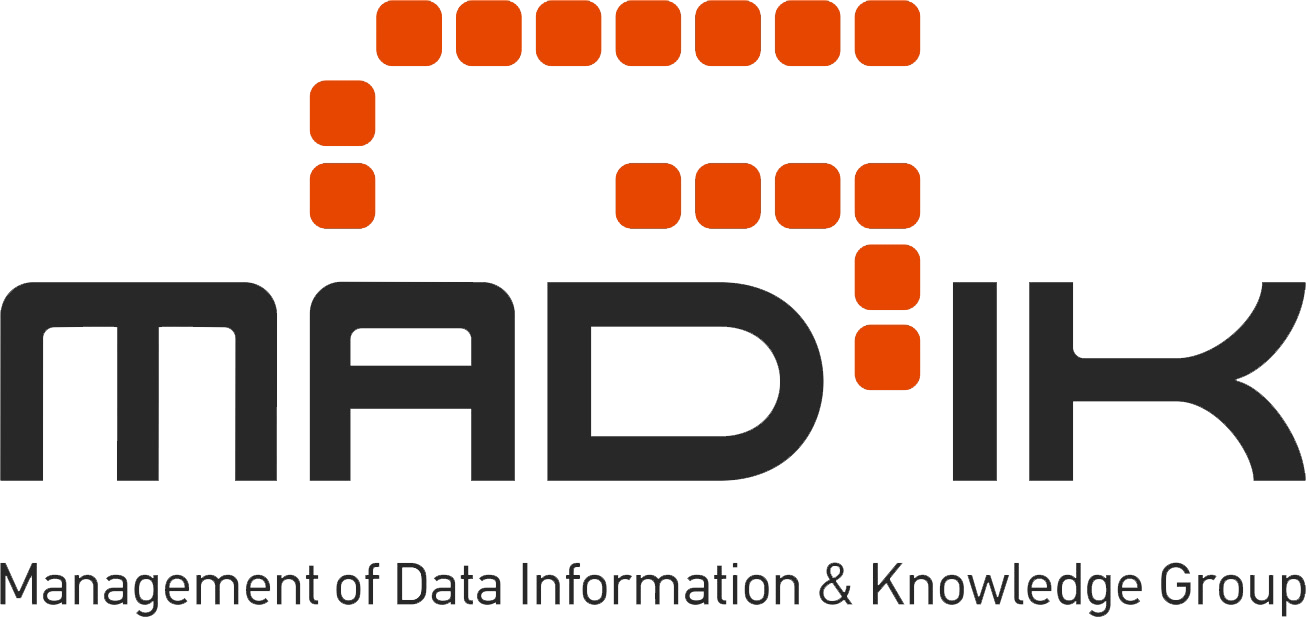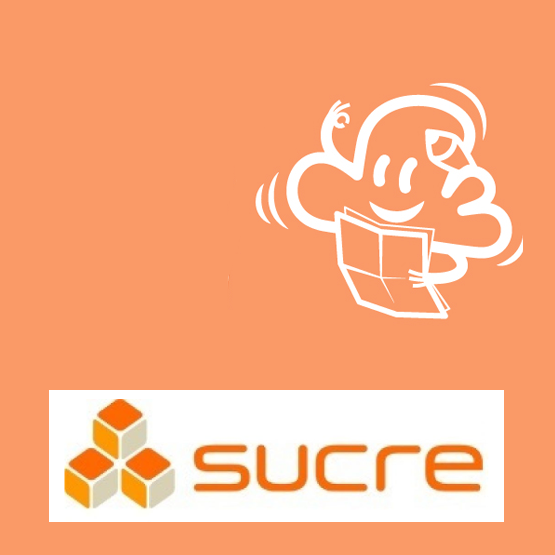SUCRE
SUpporting Cloud Research Exploitation
Cloud Computing is now deemed the key computing paradigm for empowering distributed information systems and mainstream applications. The same holds for Open Source development models and software solutions. Their interrelation however remains not fully explored and exploited. SUCRE will discuss and identify the impediments on why open source cloud solutions have not been yet widely adopted. SUCRE will also examine how this adoption can be facilitated through an international dialogue on the “hot” topics of interoperability and data portability involving experts from both the EU and Japan.
SUCRE will investigate and suggest means for reinforcing the adoption of open source cloud solutions by key stakeholders. In this respect, we plan to engage two user communities whose future computing requirements could be very well served by open source cloud solutions, namely, the public sector and the industry that provides computing services to the health care sector. Both of these areas are of paramount importance to society and will serve as the SUCRE use-cases. The final output of our work will be a recommendation report with Open-Source Solutions for Interoperable Clouds in these two high-impact economic sectors, addressing issues related to interoperability and standards, including technological, societal, economical and legal aspects.
Particular attention will be given to the interaction between academia and industry as well as among industry players. This will be reflected in the formation of the SUCRE EU – Japan Experts Group, consisting of stakeholders from both regions as well as in our effort to bring together the researchers of tomorrow with industry experts and researchers from the areas of the Internet of Services, Clouds and Open Source.
Through the “5-step” integrated approach, SUCRE will set up an all-embracing, still focused, supporting mechanism available to all EC funded projects in the areas of Cloud Computing and Open Source, consisting of:
- Targeted workshops
- Experts Group Operation
- Young Researchers Forum
- Publications (comparative study, magazine, leaflets)
- Wide range of additional promotional activities (website, videos, interviews, and community building activities)






